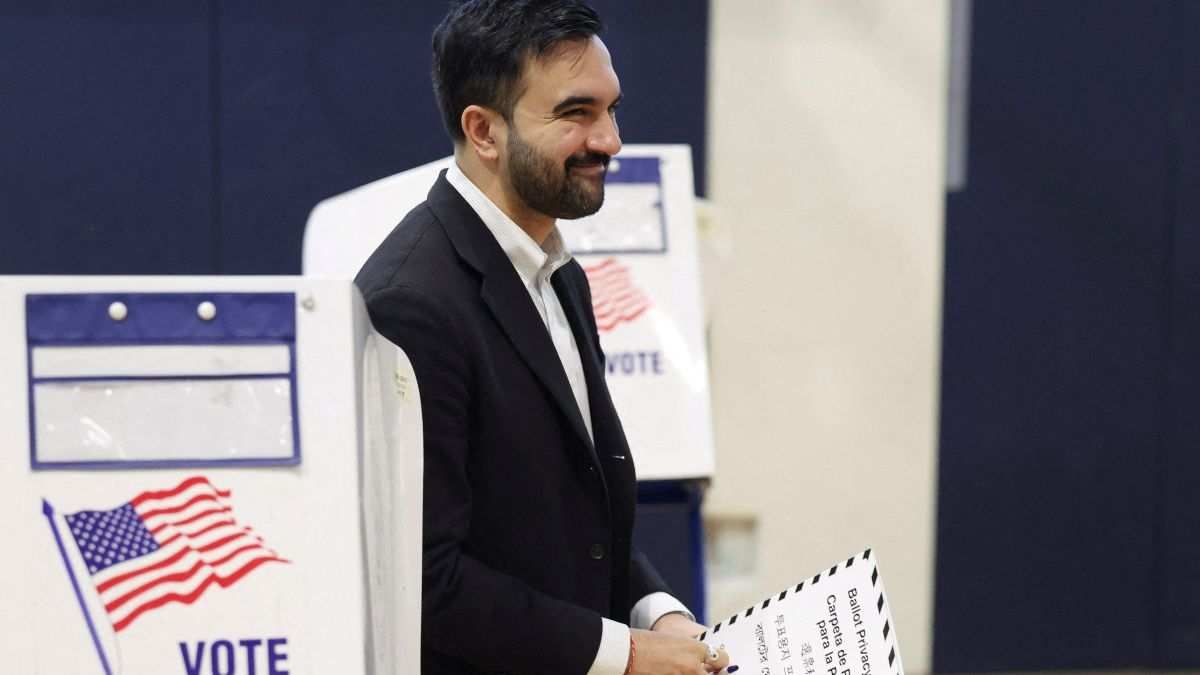One: After last week’s diplomatic breakthrough on the Korean Peninsula, Japanese Prime Minister Shinzo Abe and Chinese President Xi Jinping discussed the situation in the first phone call that the two leaders have ever held.
6,000: Lebanon’s Prime Minister Saad Hariri promised to take selfies with 6,000 women if his party won Sunday’s legislative elections. Early results show that his party suffered big losses, but under Lebanon’s sectarian system, Hariri, who is a Sunni Muslim, is still the most likely person to be Prime Minister. Say jebne! (Cheese!)
11: A Mexican mayor is eleven times more likely than an ordinary citizen to be murdered, according to a specialist at the University of San Diego. Between 2010 and 2017, 42 of the country’s mayors were killed, 12 in the state Oaxaca alone. Violence is one of the key issues ahead of the country’s presidential election in July.
55: More than half of Afghanistan’s population — 55 percent — now livesbelow the poverty line, according to a national survey. That’s up more than twenty points since 2008, according to a study done by the Afghan statistics bureau. The increase is tied to deteriorating security conditions, particularly since the withdrawal of NATO troops between 2012–2014, as well as reductions in international aid.
75: Around 75 percent of Iranians say that the nuclear deal that Tehran signed in 2015, in which the country was promised greater access to global markets in return for ending its nuclear weapons programs, hasn’t actually improved their living conditions.
